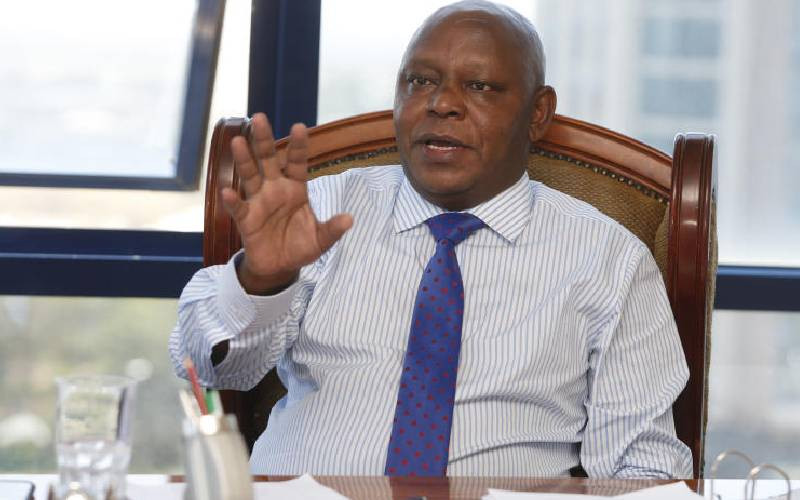×
The Standard e-Paper
Join Thousands Daily

Lawyer Paul Gicheru’s death robbed the country of yet another moment of truth about the 2007-2008 post-election violence.
His passing on September 26, 2022 at his Karen home was a shocker to many and was riddled with speculations on what could have killed him.